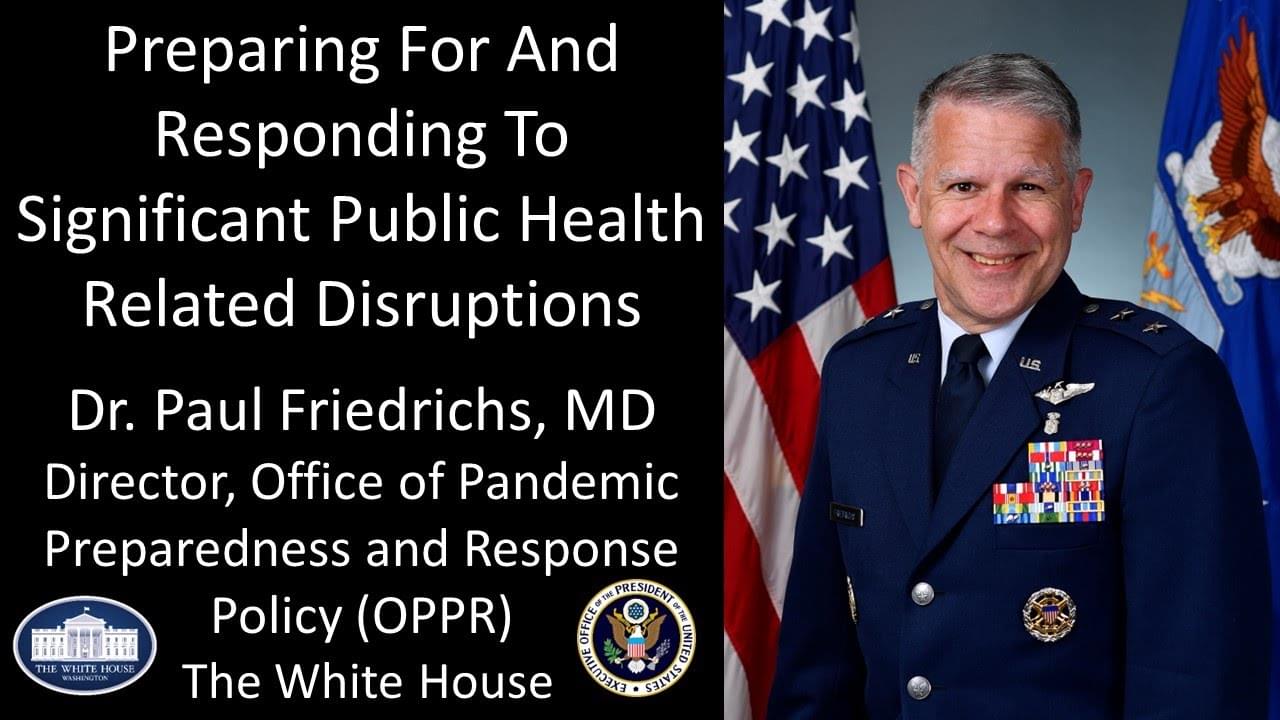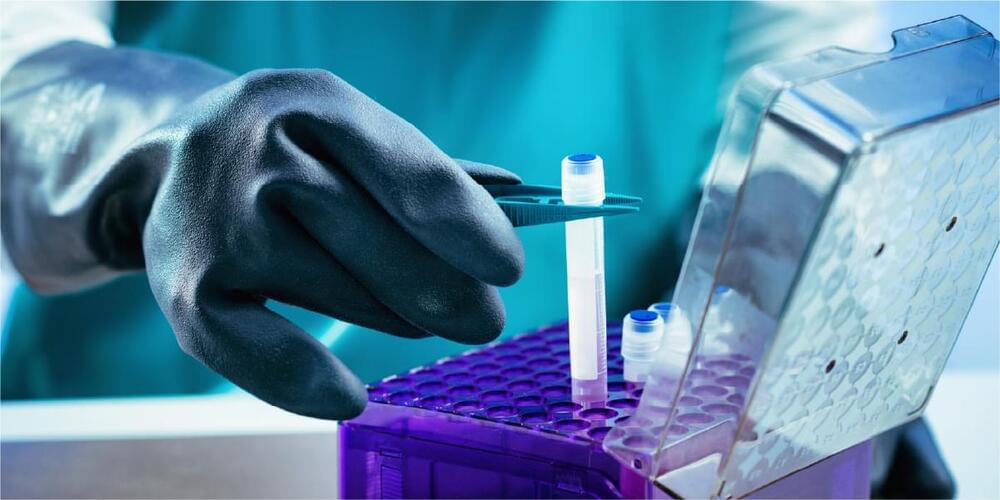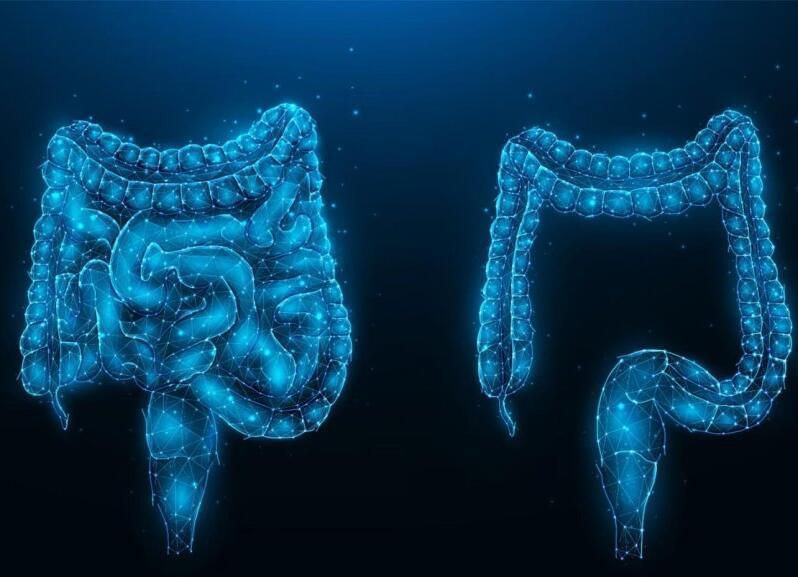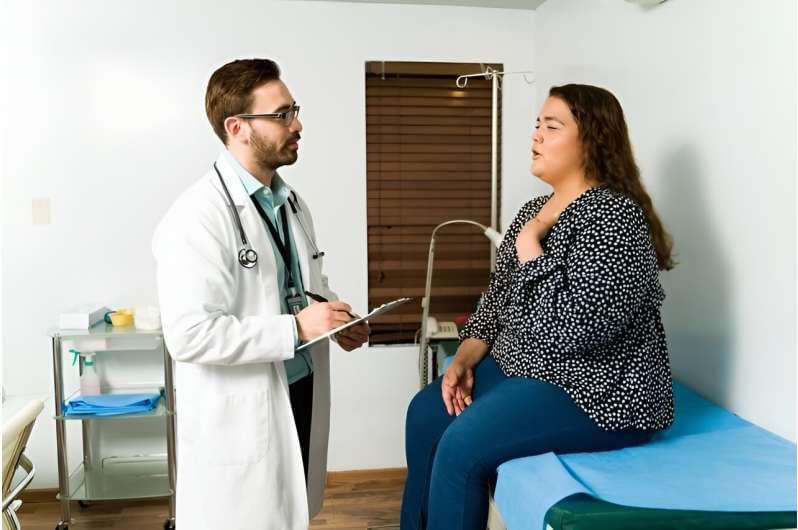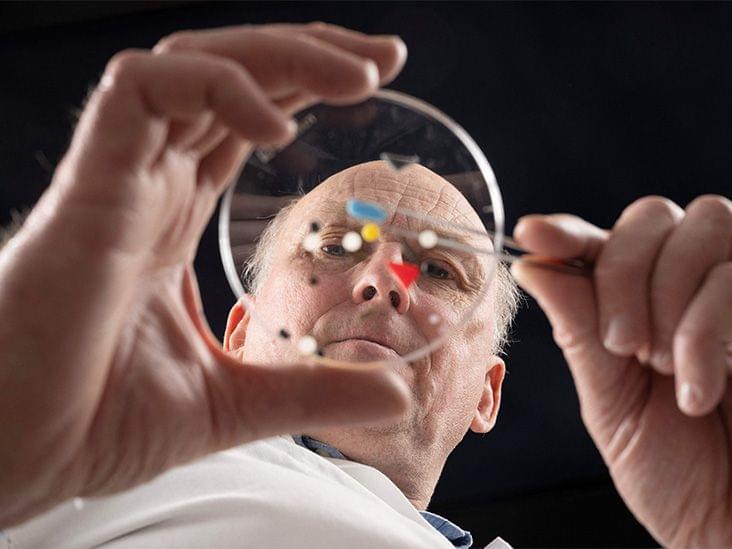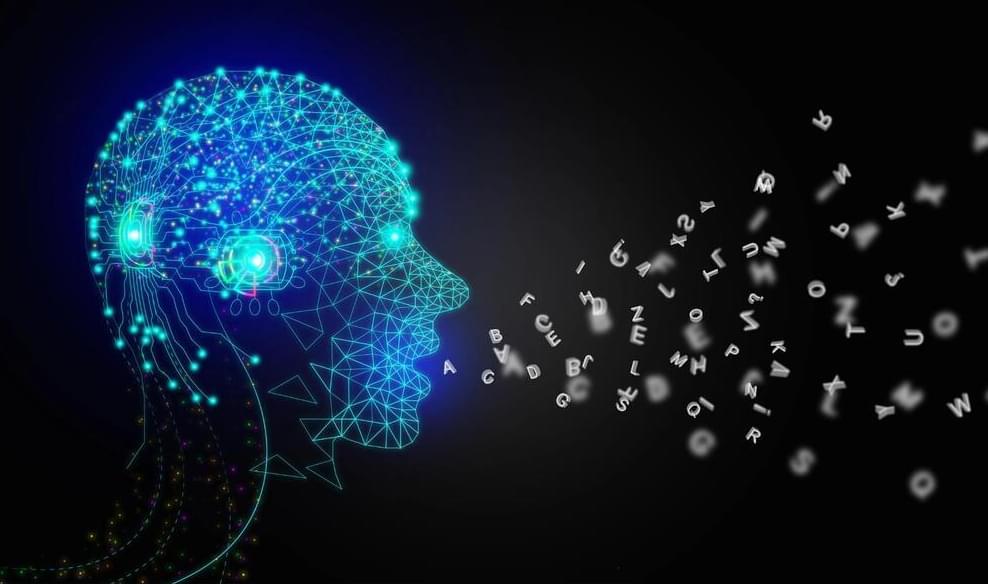Jun 1, 2024
Dr Paul Friedrichs MD — Director, Office Of Pandemic Preparedness & Response Policy, The White House
Posted by Ira S. Pastor in categories: biotech/medical, health, military, policy
Maj. Gen. Dr. Paul Friedrichs, MD is the Inaugural Director of the Office of Pandemic Preparedness and Response Policy, at the White House (OPPR — https://www.whitehouse.gov/oppr/), a permanent executive office aimed at leading, coordinating, and implementing actions to prepare for and respond to pathogens that could lead to a pandemic or significant public health-related disruptions in the U.S., and principal advisor on pandemic preparedness and response, appointed by President Biden.
Dr. Friedrichs was previously the Joint Staff Surgeon at the Pentagon where he provided medical advice to the Chairman of the Joint Chiefs of Staff, the Joint Staff and the Combatant Commanders, coordinating all issues related to health services, including operational medicine, force health protection and readiness among the combatant commands, the Office of the Secretary of Defense and the services. He also led the development and publication of the initial Joint Medical Estimate and served as medical advisor to the Department of Defense COVID-19 Task Force.
